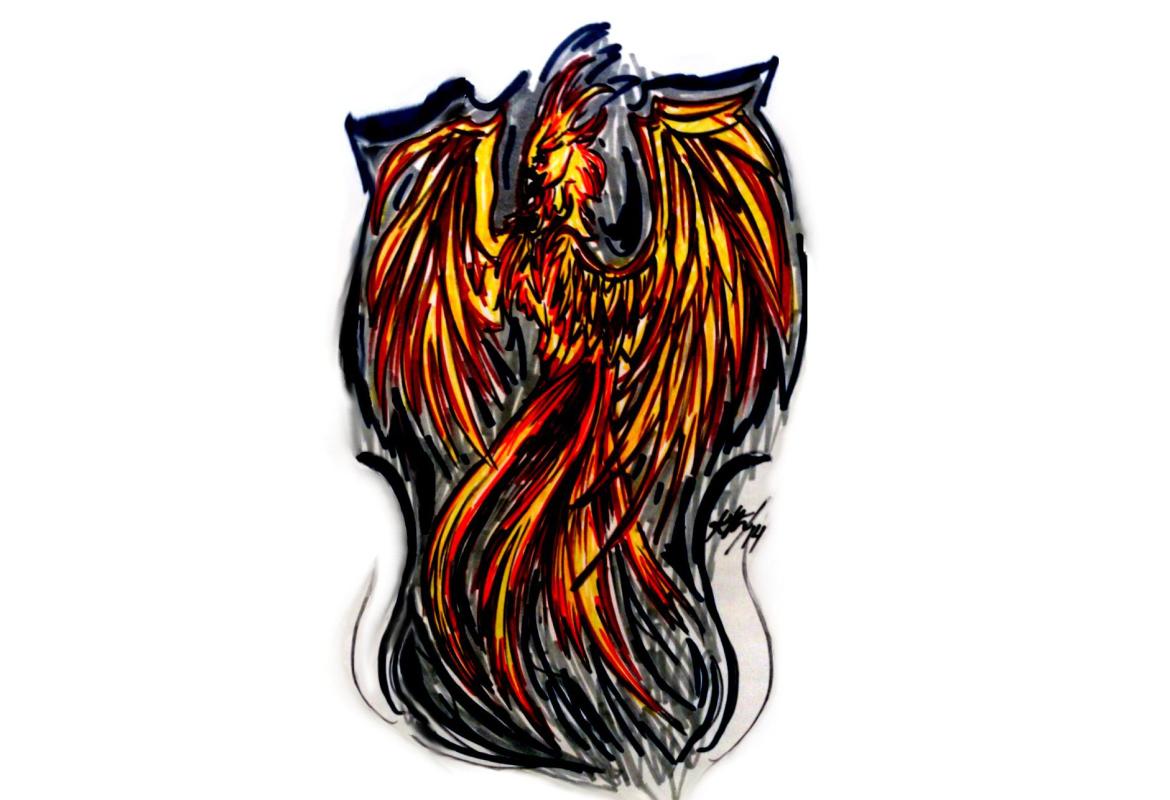As the armed conflict on the island of Sri Lanka drew to an end in May 2009, over 70,000 Tamils were massacred in what has since been acknowledged as gross violations of international law, with the Sri Lankan government overwhelmingly responsible for the mass slaughter. Almost five years since, no one has been brought to account, over 140,000 Tamils remain unaccounted for, and the repression of Tamils who remain in the North-East, now living under effective military occupation by a virtually ethnically pure Sinhala military, is intensifying. No sooner did the fighting cease in 2009, than did Tamils, along with international NGOs, begin calling for an international independent investigation. Sri Lanka cannot investigate itself: the allegations are too grave, and the state's record on providing justice to the Tamils too abysmal for any internal inquiry. Indeed, as the High Commissioner for Human Rights Navi Pillay noted in her report released last month, the Sri Lankan government has failed to credibly investigate any allegations. As the 25th session of the UN Human Rights Council commences in Geneva today, looking set to see the third Sri Lanka-specific resolution in as many years, meaningful international action towards justice and accountability is yet to be seen, whilst impunity catalyses on-going abuses. A resolution calling for an international commission of inquiry is long overdue.

